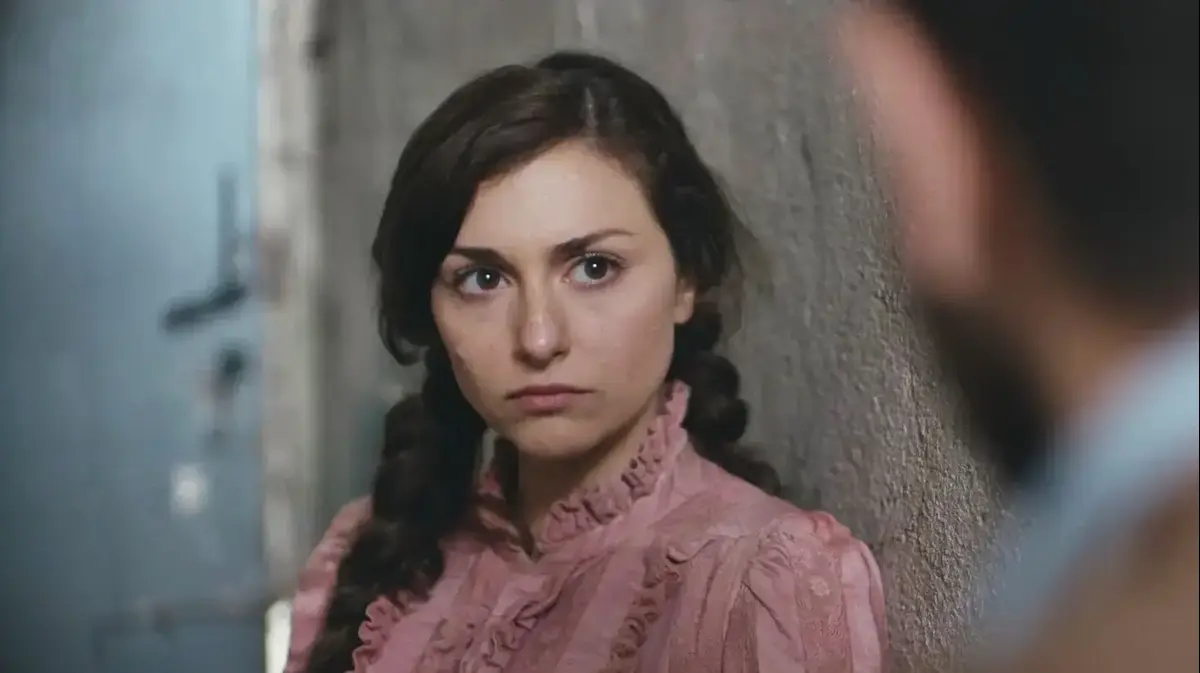- Click to share on Facebook (Opens in a new window)
- Click to share on Twitter (Opens in a new window)
- Click here to share on LinkedIn (Opens in a new window)
- Click to email a friend (Opens in a new window)
Editor's Note: Roxanne Jones, founding editor of ESPN Magazine and former vice president of ESPN, has been a producer, reporter and editor of the New York Daily News and the Philadelphia Inquirer. Jones is the co-author of "Say it Loud: An Illustrated History of the Black Athlete." He talks politics, sports and culture weekly at 900AM WURD in Philadelphia. The opinions expressed in this article are those of the author.
(CNN) - Who doesn't appreciate a good love story, especially these days?
In a world deranged by fear and hate, some days love seems to be our only hope. Without going any further, look at how the marriage of Prince Henry and Meghan Markle has captivated the world, giving us a brief respite from the chaos of the divisive political and furious war that we hear every day.
As a child, reading has been my favorite escape, a safe place to dream when the world's problems became too heavy. But lately it seems that these problems have gotten into my reading shelter.
And I'm not the only book lover that feels that way.
The US Romantic Narrative Writers (RWA), an association with more than 9,000 members, is reeling from recent criticism and accusations of racism and lack of diversity in the world of pink novels - a multimillion-dollar sector that has long been criticized by its lack of diversity and inclusion.
Since the scandal, the RWA has been forced to cancel the contest for the prestigious RITA 2020 award, after the withdrawal of a large number of writers and judges and the resignation of several members of its board of directors. The president, Damon Suede, and its executive director, Carol Ritter, among them.
The drama began when the then president of the RWA Ethics Commission, author Courtney Milan, a staunch Chinese-American advocate for color writers in publishing houses, publicly referred to a book by author Kathryn Lynn Davis entitled “Somewhere Lies the Moon ”as a“ damn racist disaster ”that describes harmful stereotypes of Chinese women.
The romantic saga, located in Scottish Highlands, was published in 1999.
Davis, who is white, filed a complaint of ethics with the Association of Romance Writers against Milan, claiming she had lost a book agreement because of Milan's criticism. Davis has since retracted, telling The Guardian that his claim to have been harmed professionally had not been accurate. Milan was censored by the RWA board, suspended for one year of the group and banned for life in leadership positions. After two lawsuits, a long investigation and the presentation of a report to the board, they all withdrew except one of the charges to Milan.
The members rebelled by the heavy punishment. And a tweet was started: #IStandWithCourtney ("I'm with Courtney").
"The controversy doesn't surprise me," Hanna Rhys Barnes, a current board member, told me, adding, "As a woman of color, I joined the organization to help make a difference by bringing issues of equality, diversity to the forefront. and justice, but justice and equality are not the same for me. ” Barnes avoided explaining what he meant by this, or answering direct questions about racism within the group or in the pink novels publishing sector. Barnes said he will "definitely stay" within the organization after his term ends this summer.
Renowned author Nora Roberts has strong feelings about the RWA association. Roberts entered from the beginning of the contest, supporting Milan's right to denounce racism within the RWA and in the publishing sector. An old ally of the LGBTQ community, Roberts wrote in a recent blog, which had renounced the RWA in 2005, when the management decree that defined romance as something between a man and a woman. (Since then, the Writers of Rainbow Romantic Novels, a group of LGBTQ authors of the genre, joined the RWA association, which in turn refused to define "romance" as heterosexual.) From the current controversy, Roberts wrote that while he is not on Twitter and has not been in the RWA since 2005, “it has been impossible not to be aware of the horrendous situation in the RWA, his board of directors and Courtney Milan who, to As it climbed, it shed light on a long-standing systemic marginalization of color authors and LGBTQ authors. I regret every year that I did not hear, did not see, did not listen, did not become aware of all the sad and unfair situations that are now coming to light. ”
And while Milan's suspension quickly reversed, along with other sanctions against him, it wasn't done fast enough to stop the outrage.
Ironically, the RWA was co-founded in 1981 by a black woman, Vivian Stephens, former Harlequin Books editor and editor of Dell Publishing. Stephens was a pioneer who helped create a lucrative career for black and non-white women who write romantic novels.
"American women went through the sexual revolution," Stephens told Black Enterprise magazine in 1982. "The average woman is not a 21-year-old virgin."
Stephens, seeing a lack of representation of black writers in the publishing sector, wanted all voices to be valued. And he didn't focus only on black storytellers. As an editor at Dell Publishing in the 70s, Stephens carried out the mission of buying romantic stories of Asian, Latin and Native American.
And for readers like me, Stephens' work has made a big difference. Not every love story begins with a blue-eyed blonde and her green-eyed cowboy. And while this seems obvious today, until the 1980s it was almost impossible to find a book that told a sincere love story about women who look like me.
In fact, it wasn't until best-selling authors like Zane and Terry McMillan, two black women, captured my attention almost 20 years ago, with erotic and romantic love stories that authentically expressed black culture, that I even bothered to read fiction romantic (Even now, I must say that the historical and mystery novels are still my favorite genres.)
If I had to choose, I would prefer to live with passion to read about the romantic fantasies of others. However, I understand the attraction of cult authors like Zane and the extremely famous "50 Shades of Gray" by EL James.
Sultryly, despite Stephens' early work to recognize the talent of color writers, until last year, no black woman had won the RITA award in 36 years. Finally, in 2019, the RITAs were awarded to two black authors: Kennedy Ryan and M. Malone. And Nisha Sharma was the first South Asian winner.
This exclusion and flagrant discrimination of writers that the organization aimed to sustain since its foundation is the reason why many black and non-white writers shy away from the RWA.
One of them, Brenda L. Thomas, author of several romantic novels published by Simon & Schuster, has never been a member of the RWA but said she follows the repercussions closely. He told me that postponing the RITA contest, the top American prize for the romance novel, until next year is not enough to convince her that the organization has a serious intention to stand up to racism.
"They have to go beyond the quick fixes that companies typically use when racial controversies arise, such as hiring a diversity expert to take charge," as the group has done.
Thomas, who told me that he had published his books with a small publisher such as Brown Girls Books, wants publishers and authors to "take more responsibility" for their work, so that no one can consider it a "racist disaster."
He is urging them to work harder, to do the research necessary to create really diverse characters.
“It is difficult for all of us, beyond our race or gender, to write authentically about the characters outside our own culture and creativity. We have to go beyond stereotypes. ”
It's a good advice. I hope RWA members learn to hear voices like Courtney Milan and Thomas.
Translation of Mariana Campos







/cloudfront-eu-central-1.images.arcpublishing.com/prisa/HZJYHXEJRJG4REXZG5VIWEJZ3Y.jpg)

/cloudfront-eu-central-1.images.arcpublishing.com/prisa/2C5HI6YHNFHDLJSBNWHOIAS2AE.jpeg)



